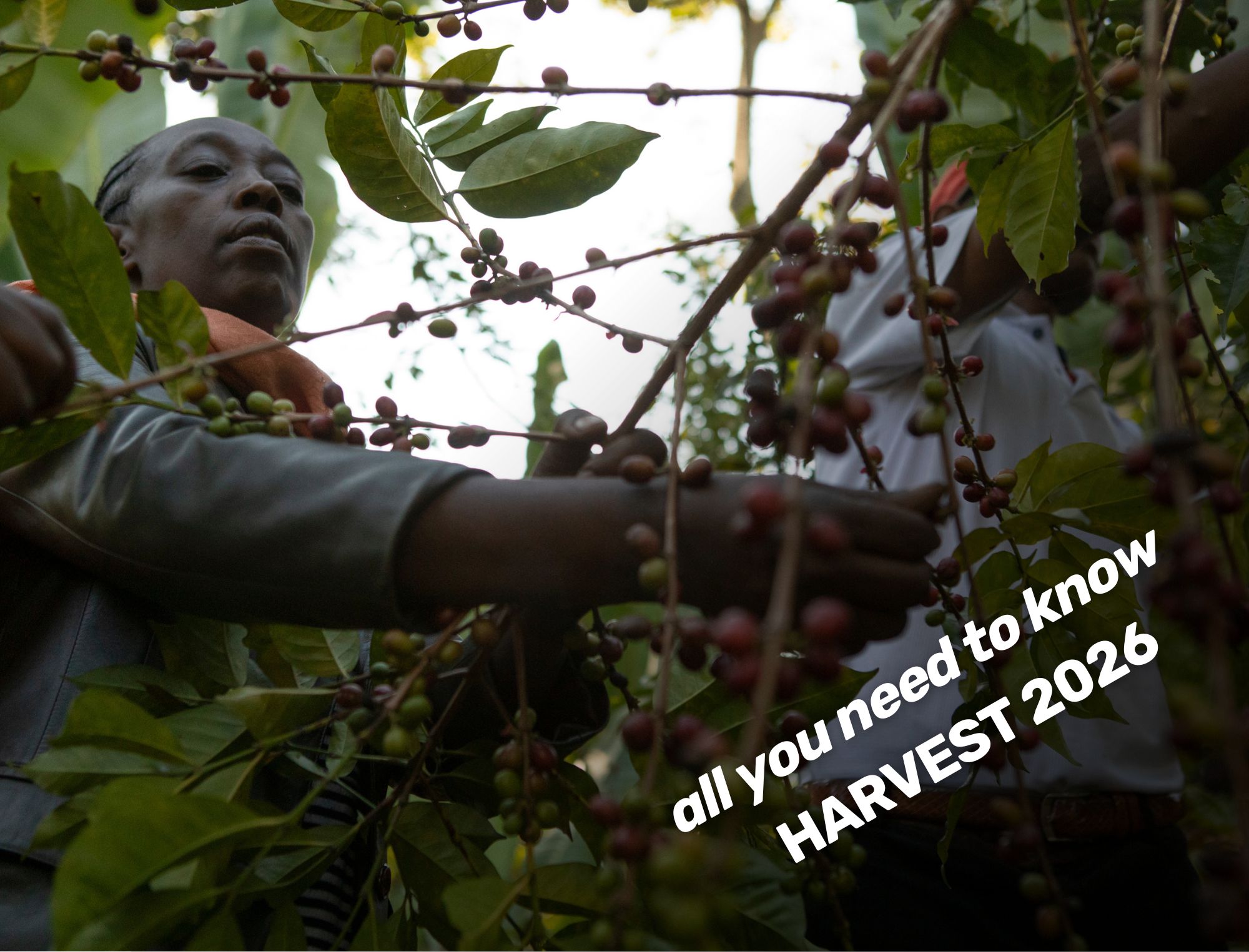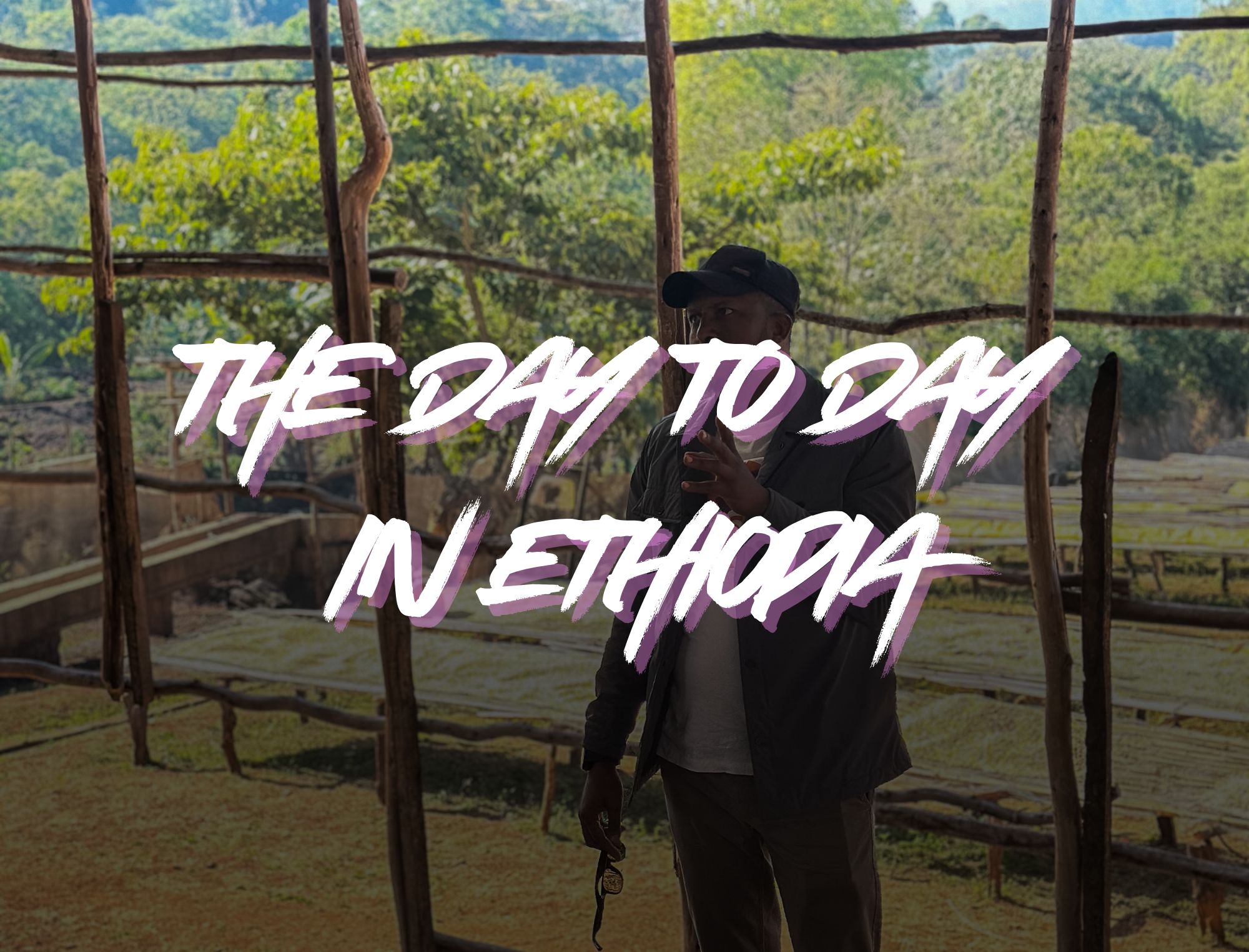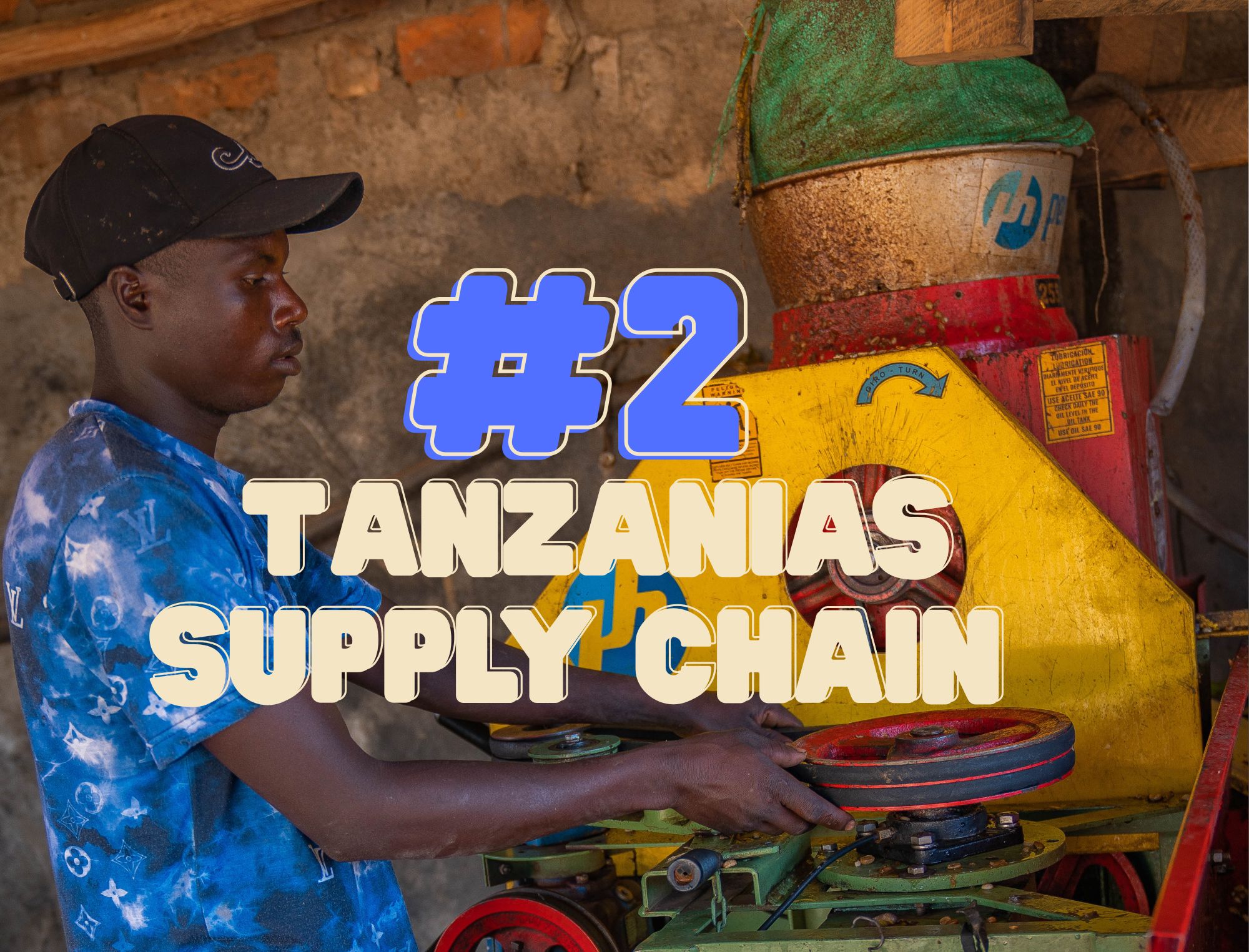Rwanda has been a cornerstone of Nordic Approach’s sourcing journey, one of the very first origins we worked with since 2012 when building our specialty coffee portfolio. Over the years, Rwanda has developed a high-potential specialty coffee sector, with smallholder farmers and washing stations producing exceptional coffees that consistently stand out in quality and character. In this article, we’ll explore the main challenges coffee production in Rwanda has faced, and how we’ve worked alongside our partners to address them over the years.
Government Support and Regulatory Context
Rwanda’s government plays a key role in shaping the specialty coffee market that balances quality with fair pricing. One notable change in recent years has been the removal of strict zoning regulations. Previously, producers could only deliver cherries to washing stations within a set radius, and washing stations were restricted in where they could collect cherries or establish buying sites. Lifting these rules has opened the market dramatically, giving producers and washing stations greater flexibility in sourcing and logistics. Beyond regulation, government initiatives continue to support quality and sustainability, reinforcing Rwanda’s reputation as a premium coffee origin.
Price Trends and Supply Chain Dynamics
Rwandas coffee production and the whole supply chain is smallholder-driven, with scattered farms delivering cherries to washing stations, which process and dry the coffee before exporters take over. Each step, from cherry collection to export, affects cost, quality, and operational risk. In Rwanda, 72% of the coffee beans processed by our partners comes from outgrowers, while just 28% is from their own farms, as relying only on estate production simply isn’t profitable.
Strategic planning around logistics and harvest timing is essential to maintaining consistency and reliability. In recent years, zoning regulations used to limit where producers could sell their cherries, farmers had to deliver only to the closest washing station within a set radius. These rules were lifted in recent years, opening the market dramatically. Now, producers can choose where to deliver, and washing stations can expand their collection networks beyond their immediate surroundings. This shift has created more competition for cherries, often driving prices upward. The cherry prices in Rwanda have continued to climb, as in 2025, they rose by 13%, reaching 900 Rwandan Francs (RWF) per kilogram.
.jpg)
Production Volume, Competition, and Quality Management
With roughly 500,000 smallholder farmers each owning an average of 170 trees, coffee production in Rwanda remains relatively in volumes. High competition among washing stations in top-quality regions can push cherry prices upward, but sometimes limits the quantity available to certain stations. Coffee quality remains central to Rwanda’s specialty success. Intensive sorting, defect removal, and repeated cuppings ensure consistency, with careful attention to issues like the Potato Taste Defect (PTD), a challenge in the Great Lakes region caused by the Antestia bug.
Buyers and washing stations alike benefit from pre-committed purchases. Committing to volumes and product types with indicative pricing helps washing stations manage costs and profitability, particularly during harvest when cash outflows are high. Clear agreements at the start of the season give washing stations the confidence to plan processing and cherry collection efficiently, reducing risk for both farmers and processors.
Supporting Farmers and Community Development
Strong, long-term relationships with Rwandan coffee producers such as Gitesi and Mahembe Washing Stations allow access to high-performing microlots while supporting smallholder communities. Since 2024, we have implemented a second payment programme for our committed suppliers at Gitesi and Mahembe, paying an additional $0.10/lb on all volumes sold to us. This helps the washing stations incentivize producers to deliver cherries and strengthens overall profitability.
Gitesi, in particular, demonstrates the intersection of quality, sustainability, and community development. Farmers benefit from cow distribution programs where first-born calves are passed on to other farmers, free coffee seedlings, and organic fertilizer made from coffee pulp. Educational programs improve cherry selection and processing, while health insurance coverage supports over 100 families. The washing station also maintains a sophisticated water filtration system, one of the first projects initiated by Aime, an engineer trained under his father’s guidance, who runs Mahembe alongside him. These initiatives support both coffee bean quality and broader community well-being.
Market Impact and Sourcing
Pre-commitments to naturals and premium purchases for peaberries supports our sourcing strategy that prioritizes both quality and social impact. By supporting farmers and washing stations through targeted payments, educational programs, and sustainable practices, we help Rwanda maintain its specialty coffee industry while enabling producers to plan and invest with confidence.
Looking forward, Rwanda’s specialty coffee industry is in continuous growth. With careful attention to supply chain dynamics, regulatory changes, and investment in people and communities, producers like Gitesi, will continue shaping Rwanda’s reputation as a high-value specialty coffee market.
If you’re interested in reserving lots or ordering samples from Gitesi, reach out to your sales rep or check our offer list.






